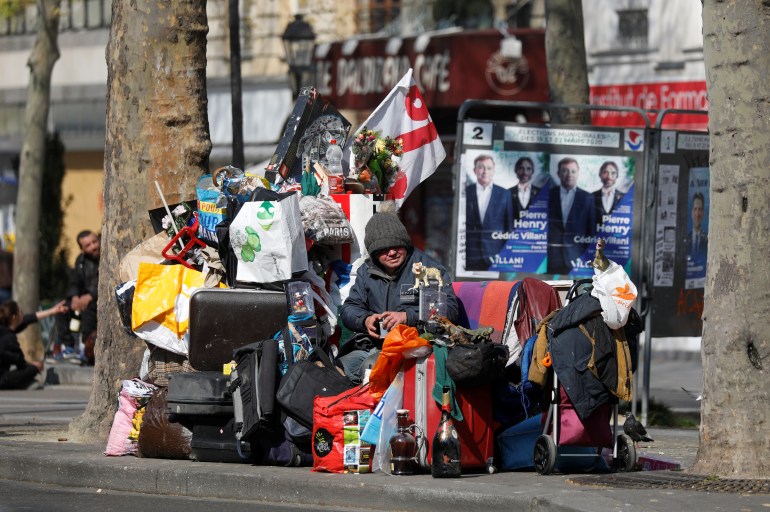The French Homelessness Strategy: Reforming Temporary Accommodation
The document titled “The French Homelessness Strategy” outlines France’s comprehensive approach to combating homelessness, focusing on implementing the “Housing First” model. This strategy aims to provide sustainable housing solutions for homeless individuals and reduce the overall number of people experiencing homelessness in the country.
Background and Context
France has faced a growing homelessness crisis, with significant increases in the number of individuals living without stable housing. The government recognized the need for a strategic response to this issue, leading to the introduction of the “Housing First” initiative as part of a broader national plan. This approach prioritizes providing permanent housing as the first step in addressing homelessness, rather than relying on temporary shelters or emergency accommodations.
Objectives of the Strategy
The primary objectives of the French Homelessness Strategy include:
- Rapid Access to Housing: The plan emphasizes quickly moving homeless individuals into permanent housing, which is seen as essential for effective reintegration into society.
- Comprehensive Support Services: Alongside housing, the strategy provides tailored support services that address various needs, including mental health care, employment assistance, and social integration.
- Prevention of Homelessness: The strategy aims to prevent homelessness through proactive measures such as eviction prevention programs and support for at-risk populations.
Key Components of the Housing First Model
The “Housing First” model is built on several key principles:
- Immediate Housing Provision: Individuals are provided with housing without preconditions such as sobriety or employment status.
- Supportive Services: Once housed, individuals receive ongoing support tailored to their specific circumstances, helping them maintain their housing and improve their quality of life.
- Focus on Individual Needs: The approach recognizes that each person’s situation is unique, requiring customized support plans that address their specific challenges.
Implementation and Funding
The French government has committed significant resources to support this strategy. The initial five-year plan (2018-2022) aimed to house 440,000 homeless individuals and was followed by an extension with increased funding. In 2023, an additional €160 million was allocated to enhance reintegration efforts for homeless people. Key initiatives under this plan include:
- Creation of Affordable Housing Units: The government aims to produce and mobilize affordable housing options, including intermediary rental places and boarding house accommodations.
- Mobile Eviction Prevention Teams: These teams work proactively to prevent evictions and provide support to vulnerable tenants facing housing instability.
- Collaboration with Local Authorities: The strategy emphasizes cooperation between various stakeholders, including local governments, social landlords, and non-profit organizations, to create a coordinated response to homelessness.
Challenges Faced
Despite the progress made under the Housing First initiative, several challenges remain:
- Funding Limitations: While additional funding has been allocated, many local authorities still face budget constraints that hinder their ability to implement effective housing solutions.
- Housing Stock Shortages: The demand for affordable housing continues to outstrip supply, making it difficult to find suitable accommodations for all those in need.
- Complexity of Individual Needs: Addressing the diverse needs of homeless individuals requires extensive resources and coordination among various service providers.
Successes and Impact
The implementation of the Housing First strategy has yielded positive outcomes. Between 2018 and 2020, approximately 235,000 people received housing through various initiatives linked to this approach. Additionally, targeted efforts have been made to include marginalized groups such as refugees in these programs.The success stories from various regions illustrate how providing stable housing combined with supportive services can lead to significant improvements in individuals’ lives. Many formerly homeless individuals report enhanced well-being and stability after receiving assistance through this model.
Conclusion
The French Homelessness Strategy represents a significant shift in how homelessness is addressed in France. By prioritizing permanent housing and comprehensive support services through the Housing First model, the government aims to create sustainable solutions that not only reduce homelessness but also promote social inclusion and improve overall community well-being. Continued commitment from all stakeholders will be essential in overcoming existing challenges and ensuring long-term success in combating homelessness across France.

Further reading:
France – Housing First Europe Hub housingfirsteurope
« Logement d’abord » the five-year plan for Housing First and the fight against homelessness

